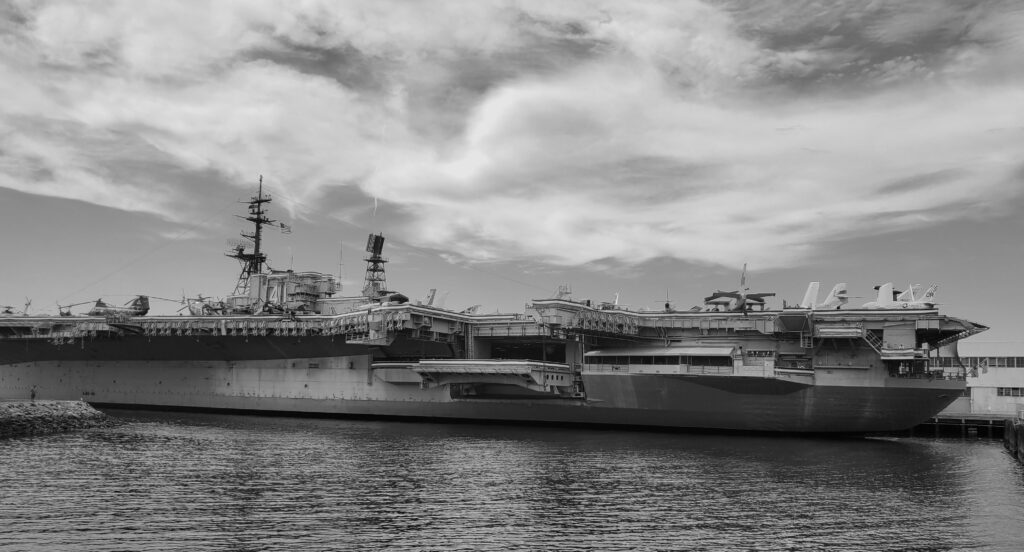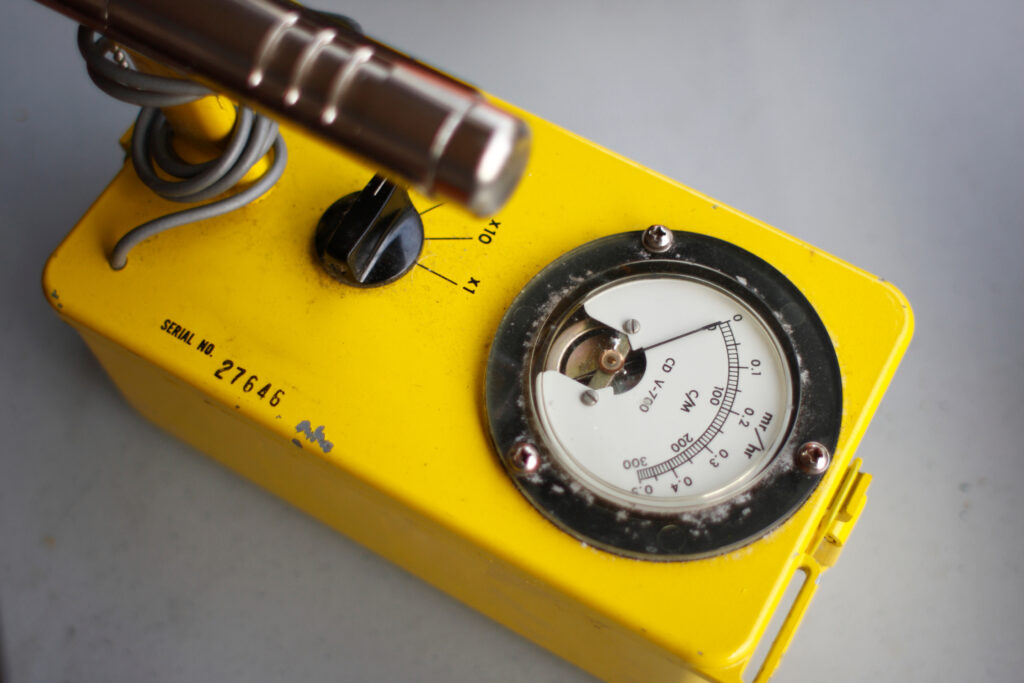
You might have heard about pre-war steel in the news recently. Specifically, Chinese ships possibly stealing it from a shipwreck off the Malaysian coast. There are legal salvage operations for pre-war steel as well, but no matter how it’s sourced, this steel is incredibly valuable. But why is that? It’s because the first atomic bomb was detonated in 1945, releasing radioactive particles into the atmosphere. Those radioactive particles changed steel and stainless steel products forever.
Pre-war steel is also called low-background steel, referring to the lower levels of radiation present in the metal. Low-background or pre-war steel is any steel manufactured before 1945 and the first nuclear tests. Even before the U.S. government started above-ground nuclear tests in July of 1945, there was a very low, natural level of radiation in the atmosphere. That’s why we say that pre-war steel has low background radiation rather than no radiation at all. But now the atmosphere is slightly more irradiated than it was before the first above-ground nuclear test. It’s not enough radiation to pose a health risk, but it is enough to mess with sensitive equipment.
If the radioactive particles are in the air, how does that affect steel production? The answer to that question is in the production process. Many steelworks use the BOS process to turn crude iron into steel. The BOS process forces pure oxygen into molten crude iron to remove impurities and strengthen the metal. Because oxygen is an atmospheric gas, it is susceptible to contamination from the increased levels of radioactive particles in the atmosphere.

For most applications, steel or stainless steel products made after 1945 are just fine. However, there are some radiation-sensitive applications that continue to drive the demand for pre-war steel. For example, Geiger counters that detect radioactivity have trouble operating when they themselves are radioactive. Sensing equipment on spacecraft and equipment for some medical applications run into the same problem of interference from radioactive materials.
We hope you’ve enjoyed our little steel-related history lesson! Steel and stainless steel products have been essential to many industries for centuries. Changes in the industry and events around the world have had tangible effects on its uses and applications that continue today. At Alliant Metals, we keep up with the changes in our industry to provide our customers with the best stainless steel products for theirs.